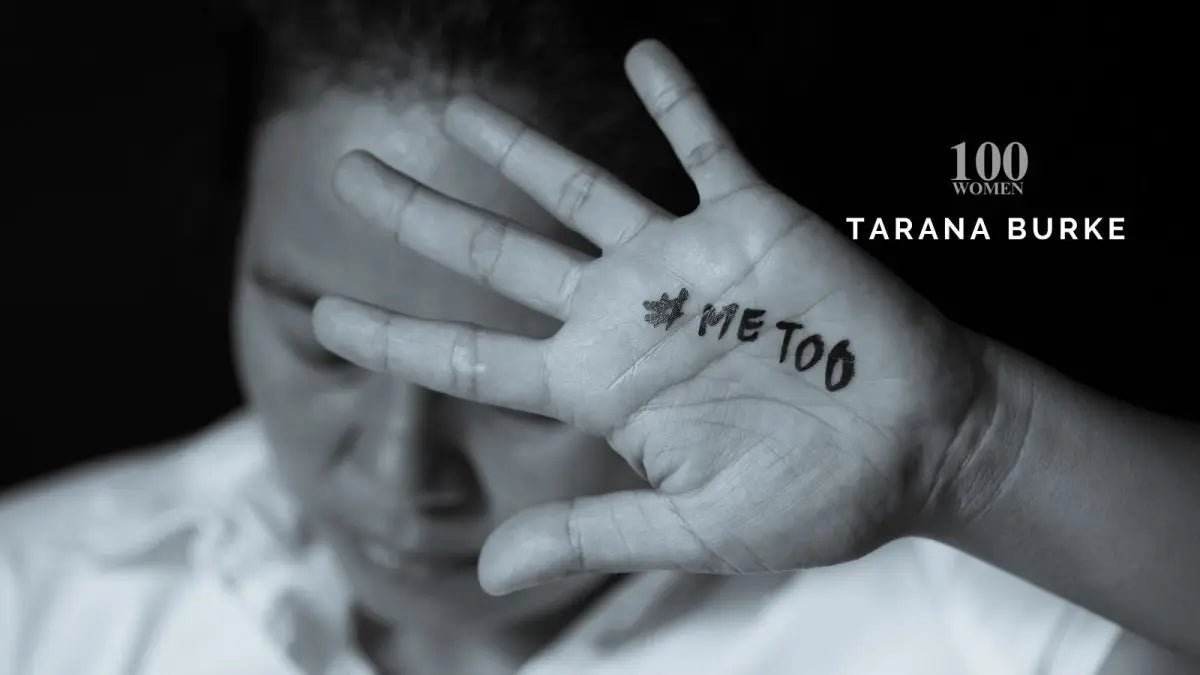
Women’s football is on the rise. It has been for quite some time, but Hollywood has only just noticed, so naturally, they now want to make a sequel to the hit 2002 film, Bend It Like Beckham, starring a young Keira Knightley (Jules) and Parminder Nagra (Jess).
For those who’ve forgotten — or never saw it — Bend It Like Beckham follows a young British Indian girl with a passion for football in London who dreams of joining the Women’s United Soccer Association (“Get paid to play!”), only for her traditional parents to insist that she give up that nonsense and study to become a lawyer.
It was a story about cultural pressure, personal identity, and chasing dreams — a girl pushing back against the system she was born into. We can, however, overlook the ending where both Jules and Jess fly to the United States to pursue their dreams, because just seven weeks after the film’s release, the real-life WUSA folded due to financial troubles. It was a different time back then. Women’s football was struggling globally, even though the USA was touted as the saviour of the game which, as it turned out, it wasn’t.
There was also concern that American audiences wouldn’t understand the title. David Beckham, then playing for Manchester United, was famed for his ability to bend a football with his free kicks — hence the name. But director Gurinder Chadha refused to change it. Ironically, Bend It Like Beckham became the first Western film ever broadcast on North Korean television albeit with several minutes cut, likely due to the film’s repeated (and often humorous) references to lesbianism. (“Lesbian? Her birthday’s in March. I thought she was a Pisces.”)
Strangely, despite being named after him, Beckham doesn’t actually appear in the film, apart from a bit of archival footage and a long-distance shot portrayed by a stand-in.
So, what do we know about this long-awaited sequel? Not much, to be honest. There are ideas and early discussions. The original director, Gurinder Chadha, is on board. A script hasn’t been finalised, and no one has officially been cast but Chadha has said she’s keen to bring some of the original cast back. The real intrigue lies in how she’ll handle the demise of the WUSA and the tremendous growth of the women’s game back in England.
Chadha is reportedly working closely with Emma Hayes, the newly appointed Head Coach of the USA Women’s National Team, who has often said that the original film influenced her footballing journey, a sentiment echoed by many professional women footballers today.
There’s no denying that women’s football has exploded globally over the past two decades. But it’s unlikely that Jules and Jess would still be footballers in this new story, age and realism being what they are. Instead, it’s expected the film will pass the torch to a new generation. Chadha is aiming to release the sequel in 2027, to coincide with the 25th anniversary of the original and the FIFA Women’s World Cup in Brazil.
This time around, though, she won’t face the same obstacles she did in 2002 — when she says she “couldn’t even get arrested making it,” because no one cared about women’s football, let alone an entire film centred on it. Despite its huge success — raking in $120 million on a modest $7.2 million budget, she has always hesitated on doing a sequel, fearing it might diminish the original.
Whether it becomes a standalone film or a mini-series, I reckon things will be a bit different this time. The world’s watching now, and it’s about time.
_(26).jpg)

















